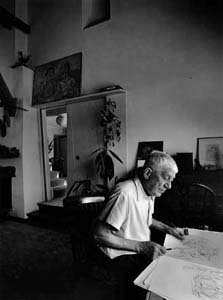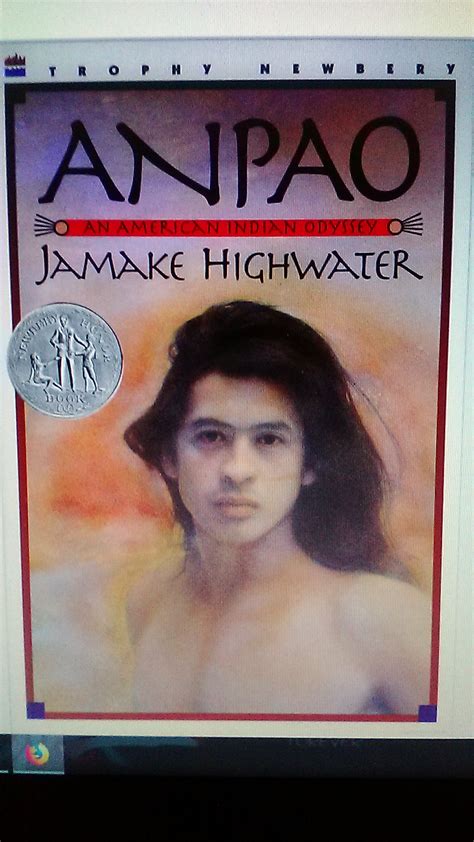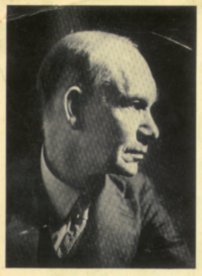A Quote by Eugene Ionesco
The end of childhood is when things cease to astonish us. When the world seems familiar, when one has got used to existence, one has become an adult.
Related Quotes
Childhood is the world of miracle or of magic: it is as if creation rose luminously out of the night, all new and fresh and astonishing. Childhood is over the moment things are no longer astonishing. When the world gives you a feeling of "déjà vu," when you are used to existence, you become an adult.
I always looked forward to being an adult, because I thought the adult world was, well—adult. That adults weren’t cliquey or nasty, that the whole notion of being cool, or in, or popular would case to be the arbiter of all things social, but I was beginning to realize that the adult world was as nonsensically brutal and socially perilous as the kingdom of childhood.
The little world of childhood with its familiar surroundings is a model of the greater world. The more intensively the family has stamped its character upon the child, the more it will tend to feel and see its earlier miniature world again in the bigger world of adult life. Naturally this is not a conscious, intellectual process.
Quite generally, the familiar, just because it is familiar, is not cognitively understood. The commonest way in which we deceive either ourselves or others about understanding is by assuming something as familiar, and accepting it on that account; with all its pros and cons, such knowing never gets anywhere, and it knows not why.... The analysis of an idea, as it used to be carried out, was, in fact, nothing else than ridding it of the form in which it had become familiar.



































